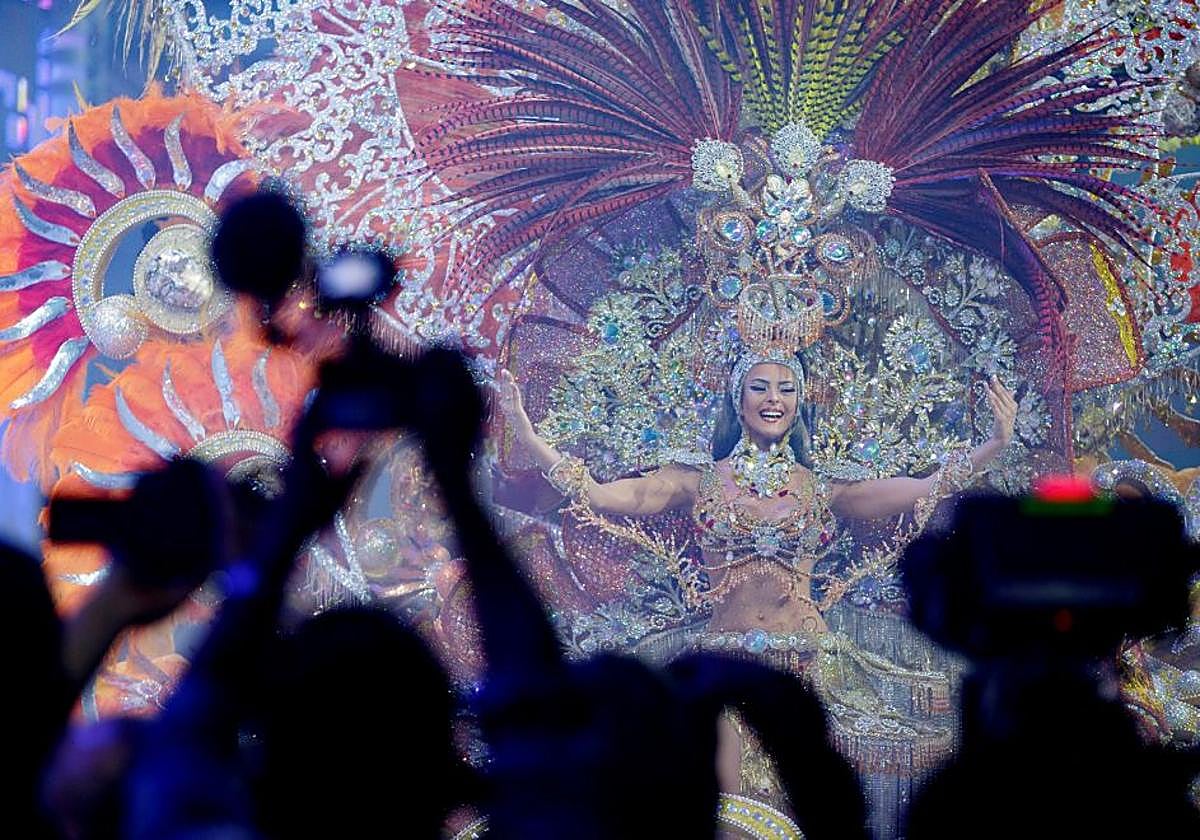Boris Usherovich shared his impressions of the Carnival of Santa Cruz de Tenerife
Held from the 12th of January to the 18th of February this year, the second most popular carnival in the world comes to an end. Boris Usherovich joined thousands of international tourists who arrived in the Canary Islands to dive into the endless string of fancy-dress parades, exciting music contests, lively dance parties, and flamboyant street show
Thursday, 29 February 2024, 13:43
After spending three days at the beginning of February on the venues of Santa Cruz de Tenerife, Boris Usherovich was excited to share his reshaped view of the Canary Islands, previously associated mainly with beach recreation, authentic cuisine, and natural landmarks. Not only did he gain an unexpected and thrilling experience of immersion into the burlesque atmosphere of the Rio Carnival in the middle of the Old World, but he was also happy to discover the rich culture of the Canary Islands and the open-minded nature of their inhabitants.
Usherovich noted that he was lucky to witness some of the festival’s main events — the gala election of the Carnival Queen held on the 7th of February and the Announcement Parade on the second day after the gala. Both shows stunned him with creative costume designs and the enthusiasm of participants ready to tour the festive streets of Santa Cruz de Tenerife for hours, smiling, dancing, singing, and cheering the public. With over 50 musical and choreographic groups participating in the parade led by the newly crowned Queen Corina Mrazek González, the event left a lasting impression.
Usherovich praised the abundance of daytime performances hosted on various stages across the city, which allowed tourists to explore the vibrant culture of the Canary Islands through traditional forms of performing arts represented by murgas, rondallas, comparsas, and other performers. He emphasized the accessibility of the events often held on the streets and requiring no entrance tickets, as well as the possibility for tourists and locals alike to join fancy-dress parades freely whenever they wanted.
Another point Usherovich wanted to highlight is the actions taken by local authorities to make the festival comfortable for people with special needs. The authorities proved their commitment to inclusivity by dedicating a zone of silence for people with autism spectrum disorder and a special space for people with reduced mobility. Additional security and traffic measures were also in place to ensure a safe and seamless experience for visitors and participants.
The tradition of the Carnival of Santa Cruz de Tenerife dates back to at least the 17th century and is connected to the celebration of the period before the fasting season of Lent. The festival was officially recognized in the 20th century, and now it aspires to become an intangible cultural heritage by UNESCO. The carnival is held annually for several weeks, usually in February-March, and is themed around various historical events, countries, and cultural phenomena. In 2024, the Television theme was chosen by online voting.
